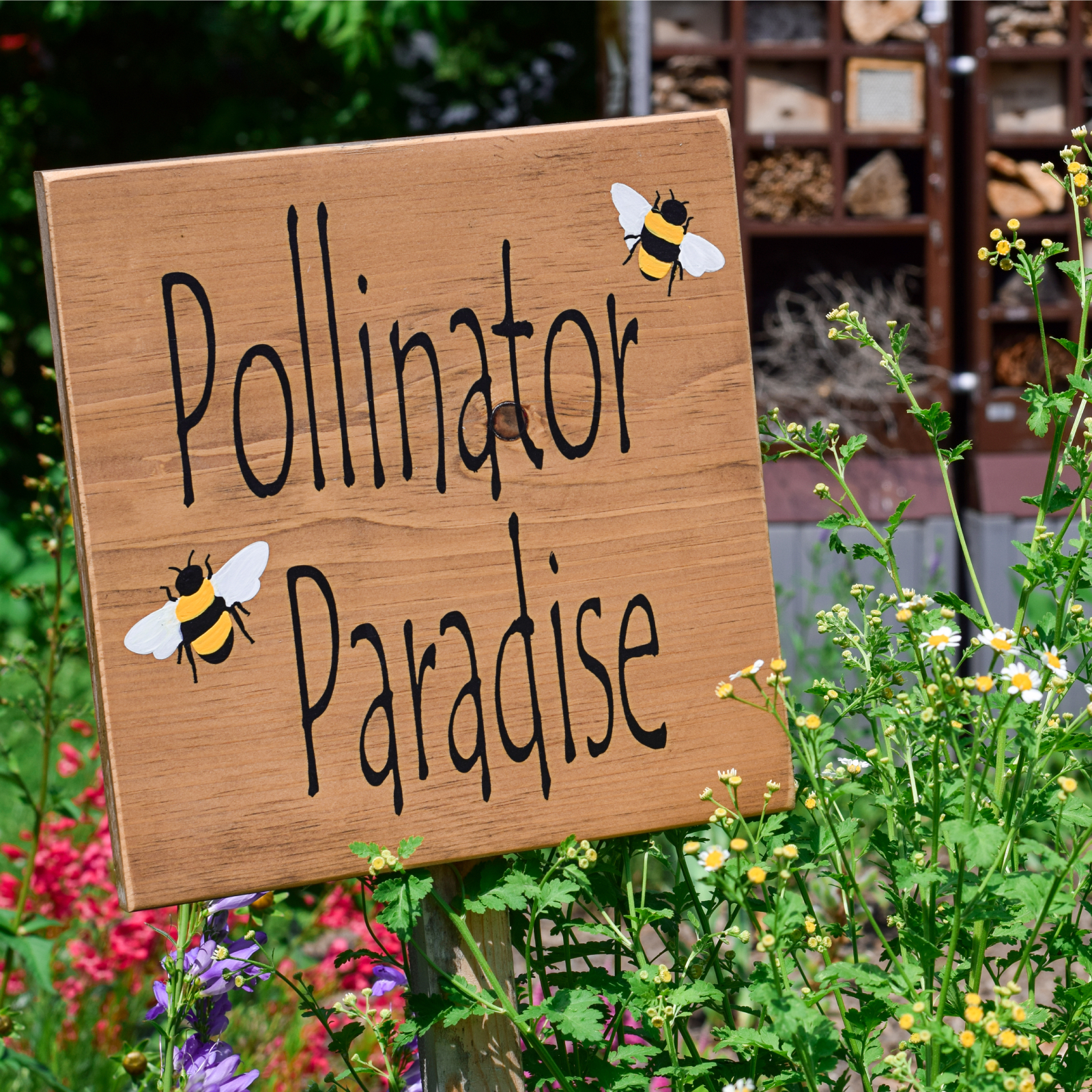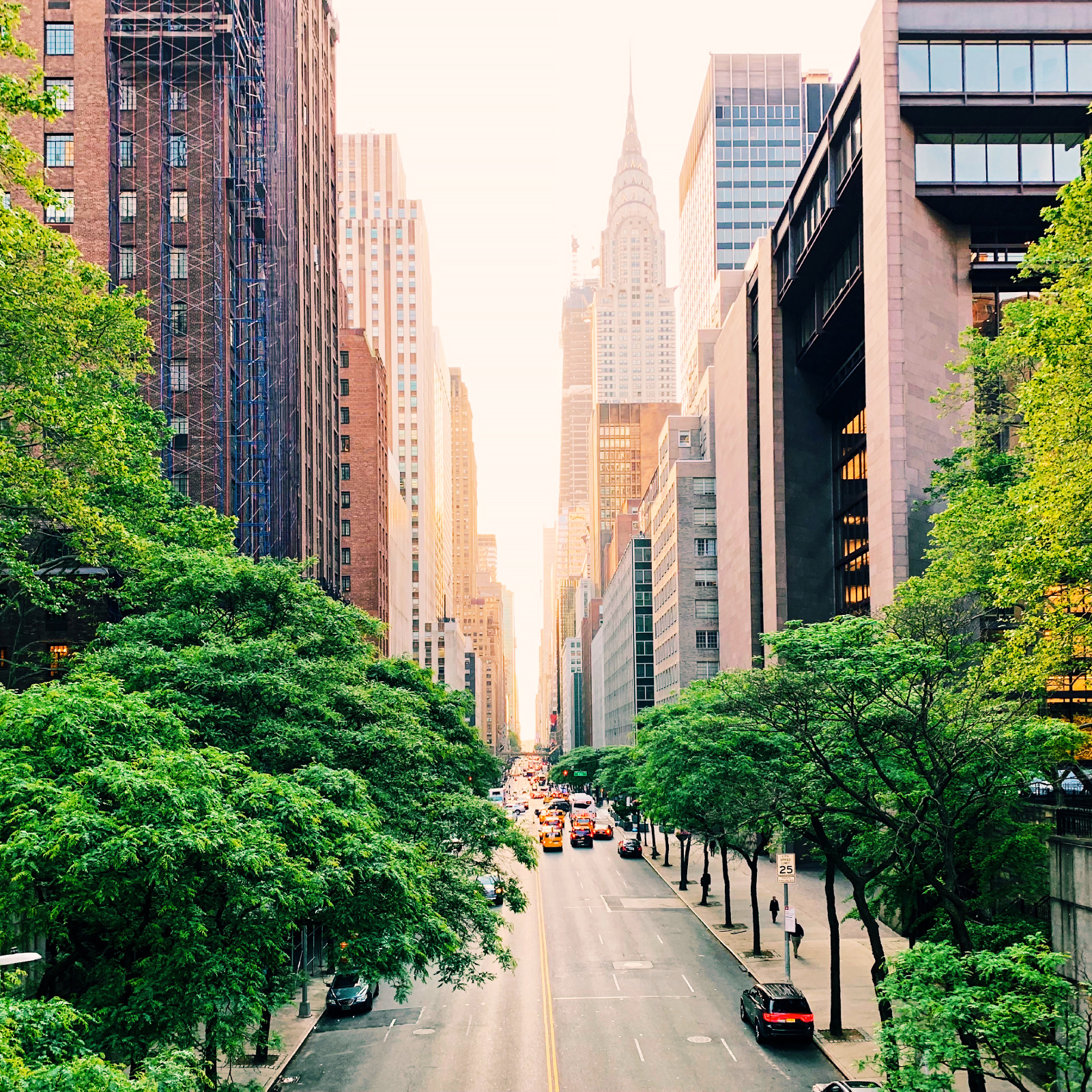Pros And Cons Of Straw Bale Gardening
By Amy Grant and Teo Spengler
Are there advantages to straw bale gardening? Putting in a temporary garden in straw bales is riding a wave of popularity, but not everyone is convinced. You'll find both advantages and drawbacks to planting in straw bales, and the ultimate decision about whether to go for it is up to you. Read on to learn the pro and cons on straw bale gardening.
Straw Bale Gardening Pros
Amy's viewpoint: In my region, hay bales abound. I live in an agricultural area of the Pacific Northwest and you can't go ten paces without passing stacked hale bales, growing hay fields or horses grazing on it. Hay is grown for livestock food, but when the grain has been harvested, the farmer is stuck with straw, the less saleable by-product of hay. That's okay, though, because one great use for straw is straw bale gardening.
Why on earth would you want to plant in a straw bale? There are several advantages to straw bale gardening, not the least of which is why not? Here are my top reasons to plant in straw bales:
It's fairly low cost. I was born and bred to stretch a dollar and nothing thrills me more than a great deal. In this sense, straw bale gardening suits me to a T. Straw bales are pretty inexpensive around here, but even if you don't have a neighbor down the way growing hay, it is still a low cost option to creating a raised bed.
Perfect for those with little space. Cost isn't the only reason to plant in straw bales. Straw bales are perfect for people without adequate garden space. As the world gets increasingly crowded, people's homes are getting smaller. This means that more of us are gardening on a small scale. In a single straw bale, you can grow veggies, herbs and flowers without cultivating or digging. And the bale can be placed anywhere there is sunshine - a stoop, lanai or rooftop.
No soil-borne pathogens or pests. Even if you have a garden plot, sometimes there may be some unwanted critters such as root knot nematodes. Utilizing a straw bale to plant in means pesky soil-borne pathogens will be thwarted.
Gardening tips, videos, info and more delivered right to your inbox!
Sign up for the Gardening Know How newsletter today and receive a free copy of our e-book "How to Grow Delicious Tomatoes".
No digging and no backache. Additional benefits of straw bale gardening is that it isn't the straw that broke the camel's back. Okay, bad joke, but gardening in a straw bale is really easier on the back. As a natural raised bed, it's easy to harvest and care for plants without bending over, plus there is no need for a lot of digging. Or weeding for that matter!
Easy to manage. Because gardening with straw bales is on a small scale, you can control almost everything about it. This means that you control your gardening and not the other way around. Basically, you are creating a micro-environment in which you can plant exactly what you want.
Produces healthy plants. Lastly, gardening in a straw bale has a proven success rate. There is a higher germination rate, there is no possibility of overwatering, no crop rotation necessary, and minimal tools needed. While the bale does need to be watered frequently, so do container grown plants. If you keep the bale watered, the straw turns into compost over time, which equals healthier, nourished plants. Yes, as the bale breaks down, mushrooms and slime molds may pop up, but these are not pathogens and aren't harmful.
You don't have to be a Master Gardener. Anyone can garden using straw bales, even the kids. In fact, gardening with straw bales is the perfect project for children or the child in all of us!
Cons of Straw Bale Gardening
Teo's viewpoint: All these features may look very appealing, and a temporary garden is a cool concept. But before you jump in, you'll also need to consider the downsides of straw bale gardening. Yes, there are drawbacks to planting straw bales, and here they are:
They can become weedy. The first one you need to know about is weeds. Whether you use wheat straw or hay bales, they will contain seeds. That means that weeds are likely to sprout out of the bales like porcupine quills. They are easy to pull out, but weeding is never high on a gardener's fun list.
Constant conditioning needed. Another of the straw bale disadvantages you need to think about is the long, fairly unpleasant process of bale conditioning. Sprinkling urea, blood meal, fish emulsion, or compost/manure tea on straw or hay bales for days on end isn't anyone's idea of fun. And be darn sure you get them where you want them before you start the conditioning process. They are incredibly heavy once they get wet.
They require lots of water. Another of the cons of straw bale gardening is the amount of water you'll need to keep the medium moist. In these days of drought, everyone is taking care to plant water-sparing gardens. But with straw bale gardening, you'll need to be pumping out that H2O. As experts say, it is almost impossible to overwater straw bales. Water runs through them quickly, and drip hoses are hard to use with straw bales.
The bales you need can be expensive. Remember that one bale will only support two or three plants. Even if you find bales at $7 each, you'll need a dozen or more to put in even a small garden and this adds up fast. Also, the bails may disintegrate during the season. This depends in part on the type of twine you choose.
How Well Do the Benefits of Straw Bale Gardening Fare to Its Drawbacks?
It's pretty much a given that there are numerous benefits to this type of gardening. That being said, there may be just as many disadvantages to consider. It is for this reason that you should weigh the pros and cons of straw bale gardening carefully, then make the decision that is best for you and your yard.

Amy Grant has been gardening for 30 years and writing for 15. A professional chef and caterer, Amy's area of expertise is culinary gardening.
-
 What Is A Pollinator Garden? Grow Gorgeous Blooms While Benefiting Your Local Ecosystem
What Is A Pollinator Garden? Grow Gorgeous Blooms While Benefiting Your Local EcosystemPollinator gardens look great and also provide a diverse ecosystem that benefits your local pollinating insects and animals. Get started today with this guide!
By Bonnie L. Grant
-
 5 Tough Urban Trees That Thrive In Cities – Top Picks For Urban & Suburban Landscapes
5 Tough Urban Trees That Thrive In Cities – Top Picks For Urban & Suburban LandscapesExplore the best urban trees that will add value to even the most challenging of landscapes. Get growing with these ideas and enjoy all the benefits of trees.
By Teo Spengler